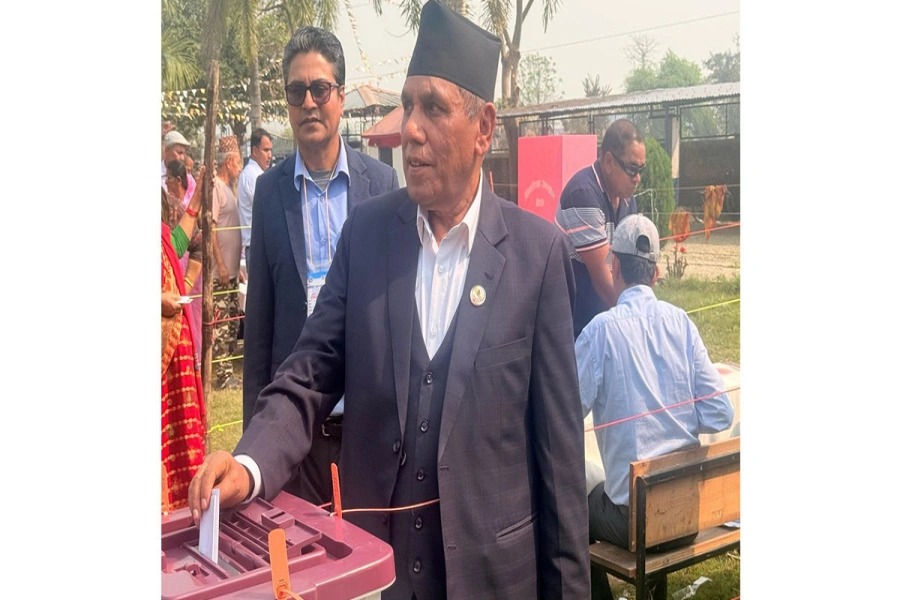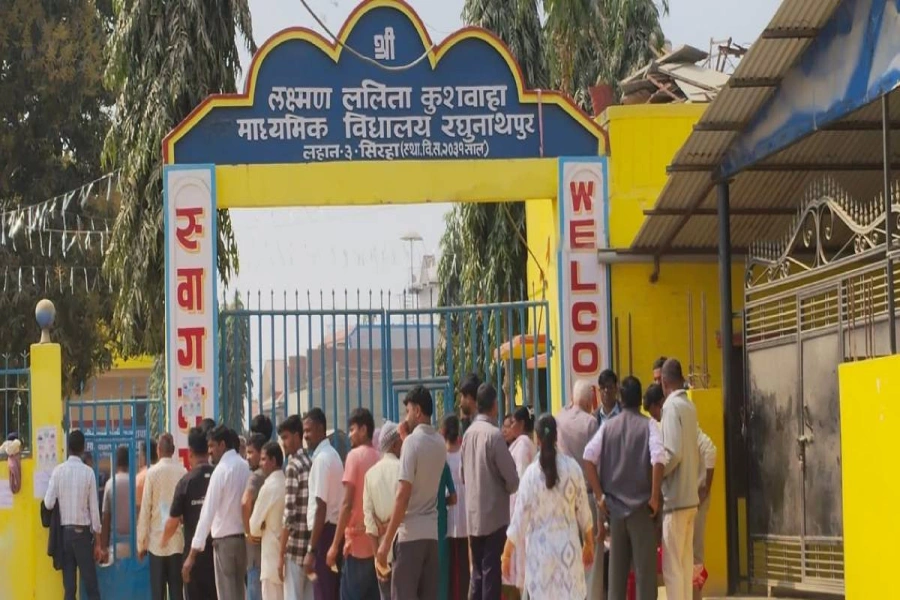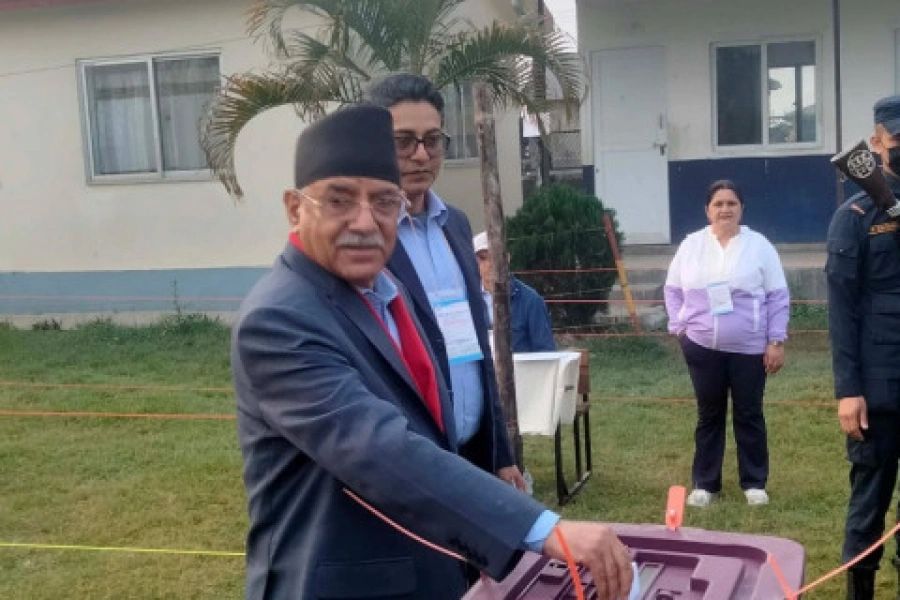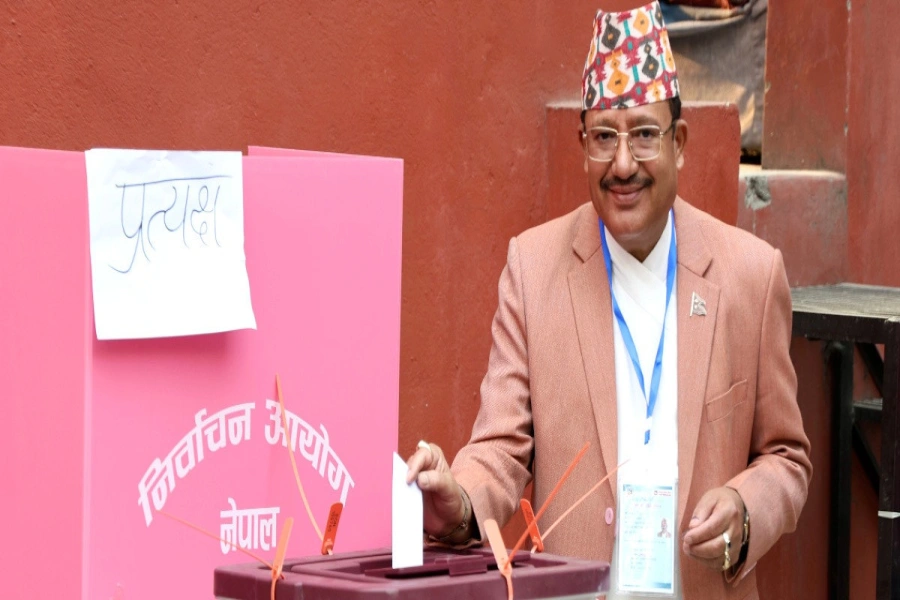Even while living abroad, she hasnever completely left Nepal.
Manjushree Thapa is a writer of all seasons on Nepal. She is back into the leading literary space of South Asia with her stunningly beautiful novel All of Us in Our Own Lives – and proves how her absenteeism from literary writings was a part of mission that is completed now. There can’t be an easy way to outwit chaos, especially while delving into the lives across spectrums. But the myths are myths; they can’t be like the whole component of real ideas and action. Manjushree made a distinct mark through her latest book where she has succeeded in weaving an unusual story of an encounter between strangers who shape one another’s lives in fateful ways.
As early as 1992, she came out with her first book based on travel and memories, Mustang Bhot in Fragments. Back then, Nepal was nowhere on the map of serious English writings in Asia, and thanks to monarchy, even having a second English newspaper was not felt essential. In 2001, she published the novel The Tutor of History, which she had begun as her MFA thesis in the creative writing program at the University of Washington. And in 2005, she came out with her seminal work Forget Kathmandu: An Elegy for Democracy, published just weeks before the royal coup in Nepal on February 1, 2005.
I recall how that year as an undergraduate student of politics at Banaras Hindu University, I almost reviewed the book while answering a question on Nepal for a paper. Although for this brave act, I received more praise than the marks from my ‘Nepal expert’ professor!
Returning to her most celebrated book, it can be recollected why Manjushree left Nepal to write with greater intensity against the medievalist styled coup and on other pitiful issues. In 2007, she published an elegant short story collection, Tilled Earth – and two years later on, she offered to her engaged readers a poignant biography of a Nepali environmentalist Chandra Gurung A Boy from Siklis: The Life and Times of Chandra Gurung. The following year she published a novel, Seasons of Flight – and three years later in 2011, she published a nonfiction collection, The Lives We Have Lost: Essays and Opinions on Nepal.
Even while living abroad, she has never completely left Nepal. Her writings, including those not compiled into books, stand testimony to that fact. Her novels have characters that completely fit into the social and economic fabrics of Nepal. In All of Us in Our Own Lives, Ava Berriden, a Canadian lawyer, leaves her job and unworthy marriage to move to Nepal, from where she was adopted. She struggles in Kathmandu to find her footing in a new career, which is international aid. Here her works make her close to Indira Sharma, a leading gender expert in Kathmandu and a woman wearing many hats.
Ava is more than a careerist in Nepal, and that strong impulse to know the country well, also takes her to a small village where young Sapna Karki (like most of the girls her age) dreams of progress for herself, her surrounding and her troubled country. On a very humane side, Sapna’s half-brother Gyanu, braves many odds to work in inhospitable Dubai, and is back to shape his sister’s future after their father’s death. It’s a small component, but it reflects Nepal’s wider social-economic realities, which are under strain due to political instability.
As the novel progresses, it gets established that each person is on a journey of his or her own. These journeys intersect with a chance meeting between Ava and Gyanu – and as a fated consequence, her decisions alter the lives of the others. As they impact the parallel stories, the other characters too have their stake in making them. Like, Indira Sharma is engrossed in her life living multiple roles at home and the world – and the same is true about her domestic help Durga. There is resilience and this wonderful strength the Nepalis have in the times of adversity. This is truer in the case of women, who struggle for survival if not growth.
With her new novel, Manjushree has surpassed her own set benchmark for telling stories. All of Us in Our Own Lives is a remarkable study that comes as ‘fiction’ on cynical, moneyed world of international aid – and aptly reflects on recent events in Nepal, including the devastating earthquake of April-May 2015 and the subsequent failures in handling the new constitution. The focus is on Nepal’s new social structure that offers asymmetry for the different classes of citizens – be it discriminatory constitution, elite-centric aid sector and gloomy domestic economy that forces one-third of Nepalis to migrate.
This novel tells the story about complex human interconnectedness and the unanticipated ways in which strangers come to relate to one another. This is, perhaps, Manjushree at her best.
Devi Pratibha to embark on spiritual storytelling tour in US
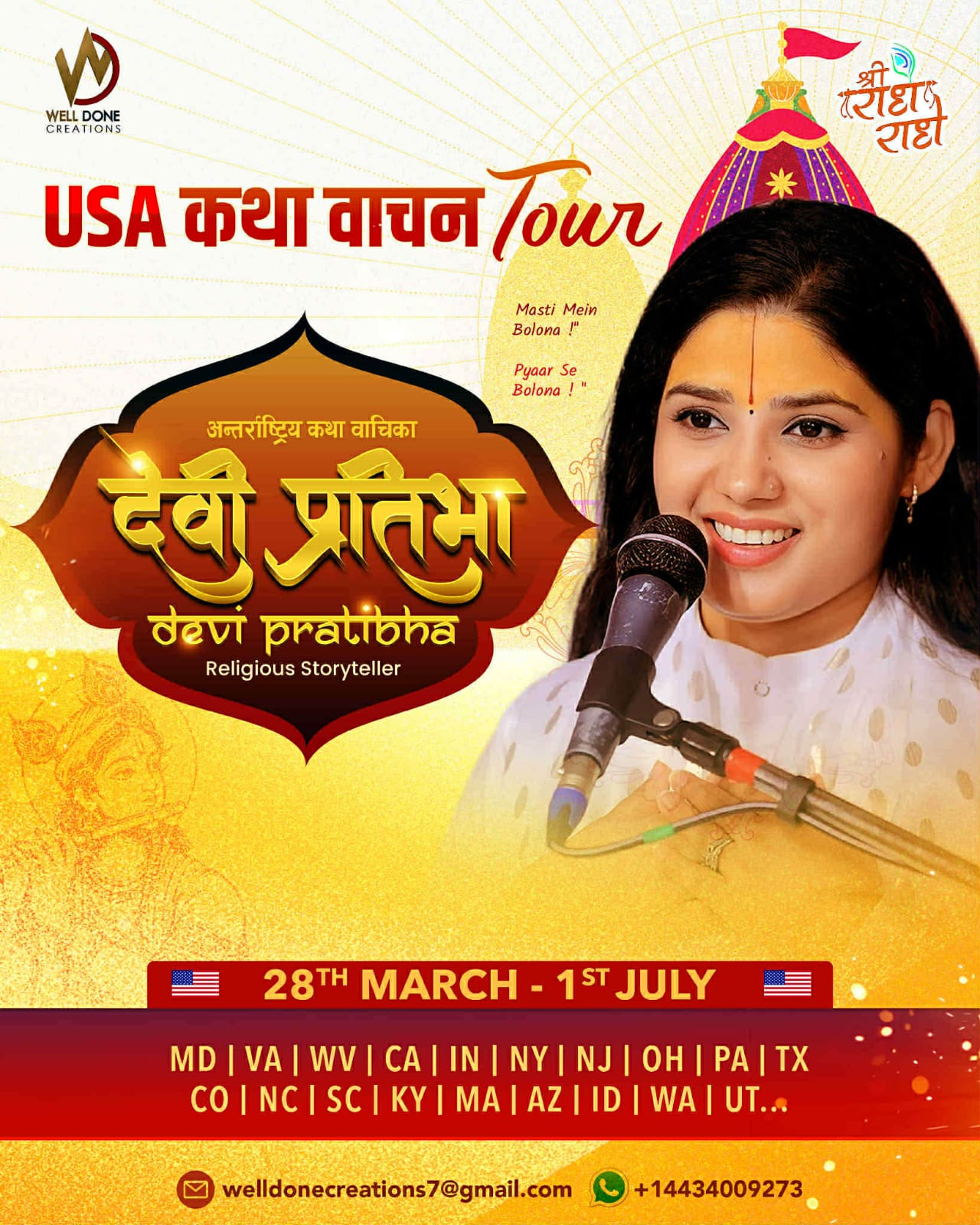
Thakur is a New Delhi based journalist, writer, and literary critic.



